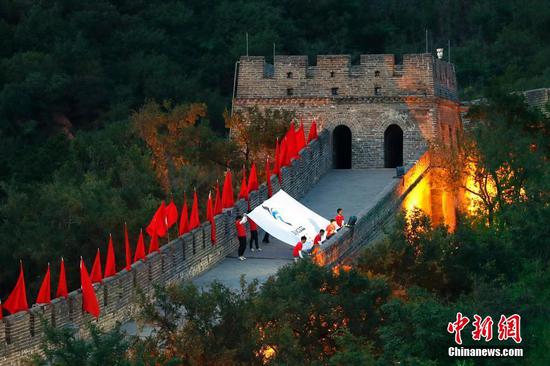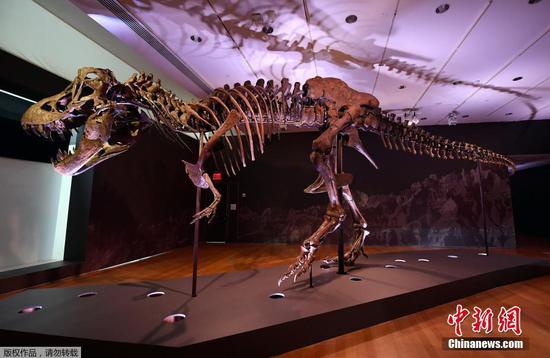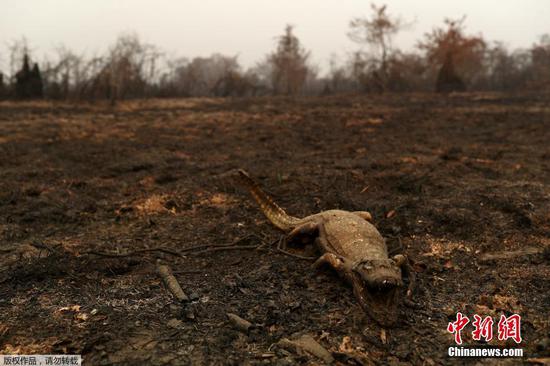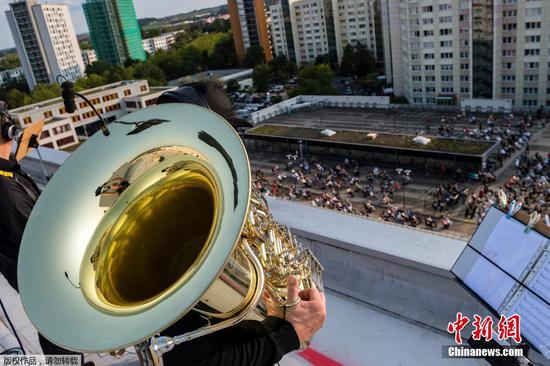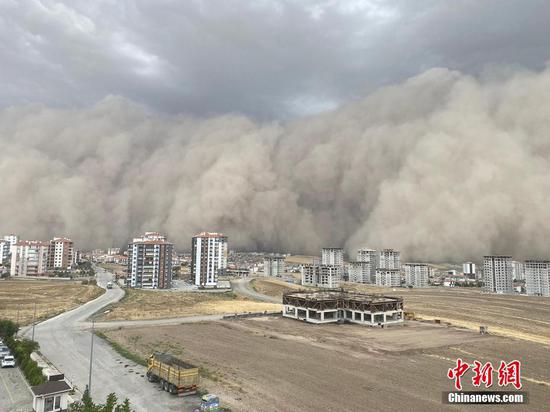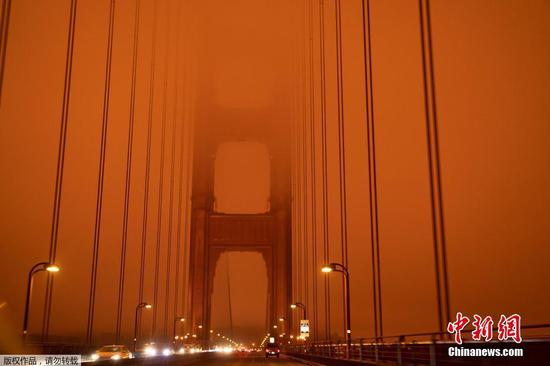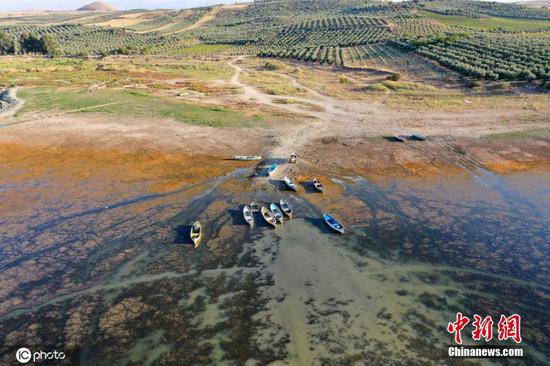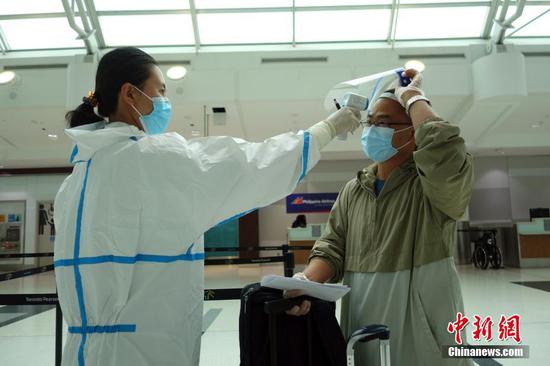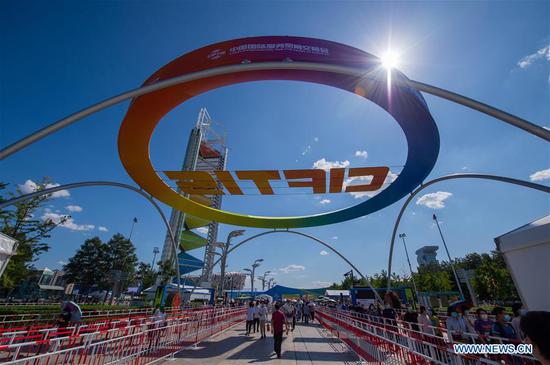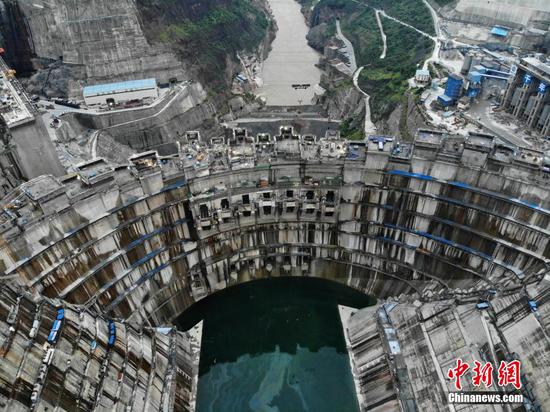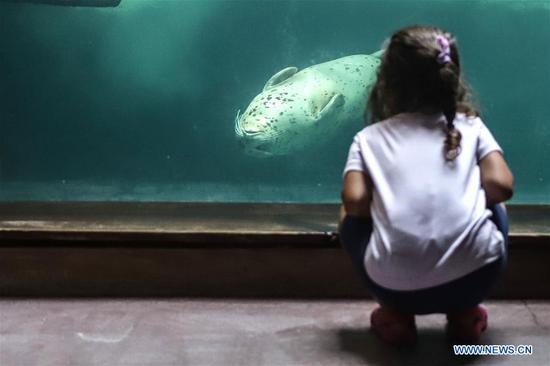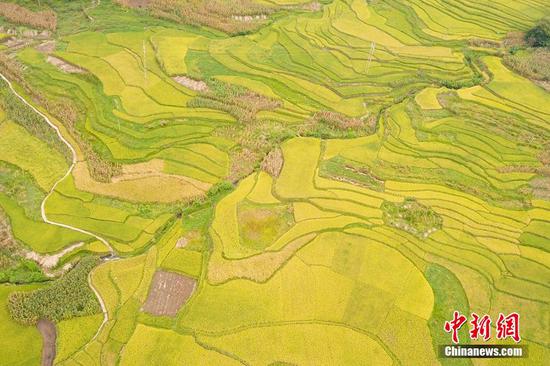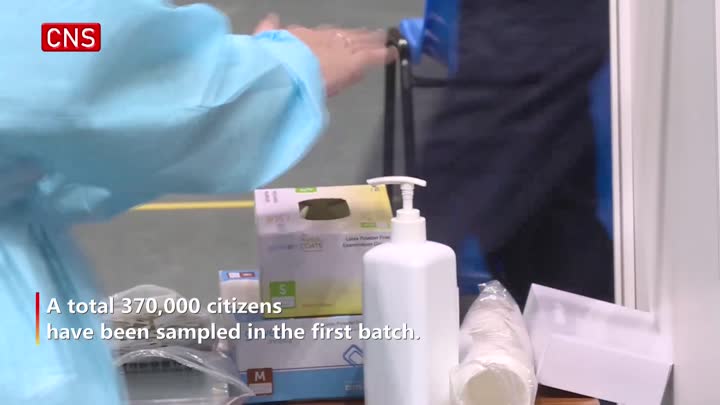India's iconic monument of love - Taj Mahal, which was closed on March 17 amid the COVID-19 pandemic, was reopened Monday to tourists, officials said.
The Agra Fort, another monument in the area, was also reopened.
"All safety guidelines issued by the health ministry will have to be followed while visiting the mausoleum and the fort, which include social distancing and sanitizing of hands," a senior official said.
As per new guidelines, only 5,000 tourists will be allowed each day at the Taj Mahal in two shifts.
"In the first shift only 2,500 tourists will be allowed and later on after 2:00 p.m. (local time) another 2,500 will be allowed," the official said.
However, at the Agra Fort, only 2,500 tourists will be allowed each day.
Authorities have made the wearing of facemasks mandatory for visiting monuments and all tickets must be purchased online.
"As of now ticket counters will not be opened," the official said.
The Taj Mahal, a UNESCO world heritage site located in India's northern state of Uttar Pradesh, is one of the world's leading tourist attractions.
Reports said prior to COVID-19 the Taj Mahal attracted 7 million visitors each year with a large number of foreign tourists. The Agra Fort has nearly 3 million visitors in a year.
The revenue generated from the monument sites contributes massively to the revenue of the local Uttar Pradesh government.
The opening of the monuments is part of the government's efforts to open up from the lockdown and ease restrictions that were placed to curb the spread of infection.
Uttar Pradesh is the fifth worst-affected state by COVID-19 in India with 354,275 cases including 5,047 deaths.
India on Monday said the number of COVID-19 cases in the country has reached 5,487,580 including 87,882 deaths.
Globally India is the second worst-hit country by the COVID-19 pandemic.










